Receive your NHA CCMA certification
100% online followed by in-person clinical hours
Job interview prep and resume services
1:1 Support From Enrollment to Employment

Stepful’s Alabama Medical Assistant Training is a great option for those looking to start their career as a medical assistant in Alabama.
Our online program prepares students for the Certified Medical Clinical Assistant (CCMA) exam offered by the National Healthcareer Association (NHA). This nationally recognized certificate makes you a more competitive job applicant and shows that you are ready to work.
In addition to covering essential topics such as healthcare systems, medical terminology, anatomy and physiology, infection control, phlebotomy, and EKG measurements, Stepful helps students find an in-person externship where they can get comfortable with their hands-on skills.*
*Please note, students must be available M-F, 9-5 p.m. to be eligible for externship support.
Stepful’s students have an 87% CCMA Certification Exam pass rate, which is over 10 percentage points above the national average. Our experienced instructors offer live courses and one-on-one help to ensure that you are prepared to take your exam and enter the workforce with confidence.

%203.svg)
At-home clinical kit included
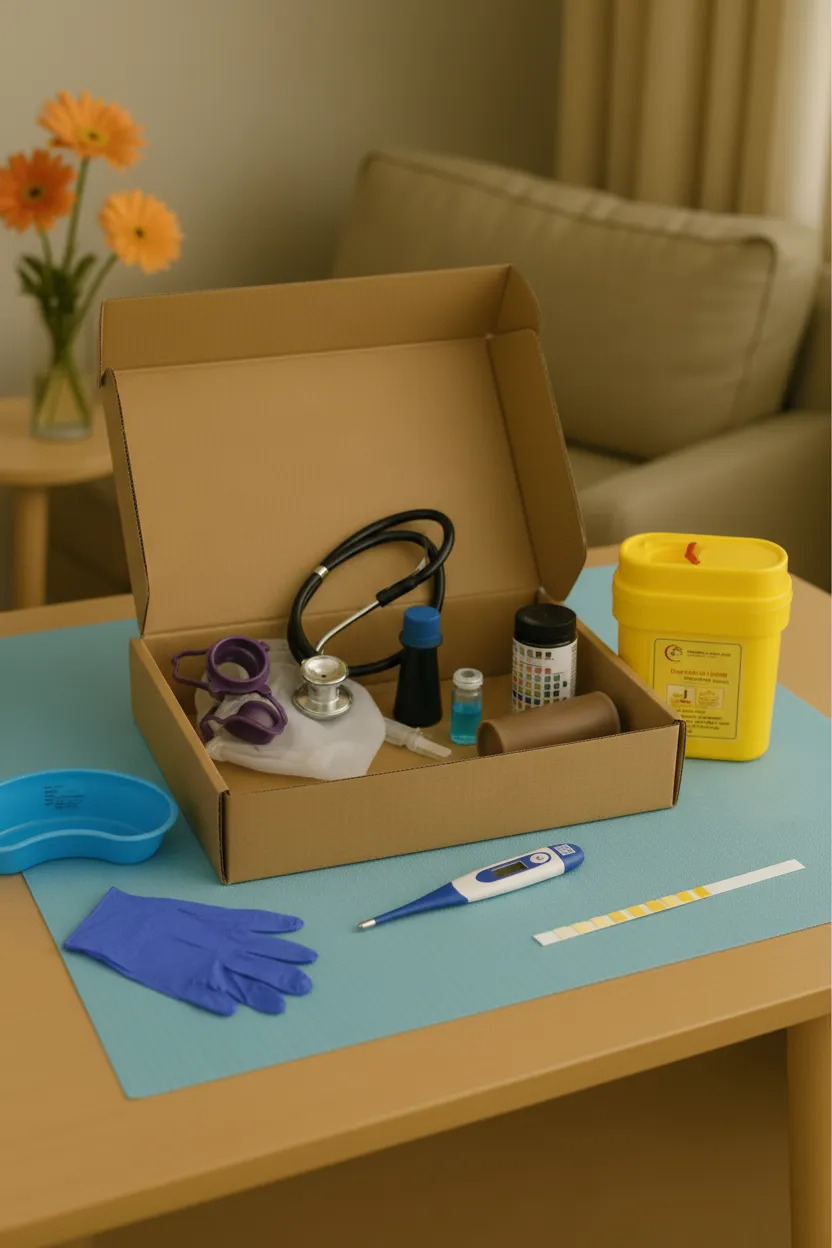
What you’ll learn
.png)
Weeks 1-4
Learn the foundational healthcare knowledge needed to become a well-rounded Medical Assistant. Topics include healthcare systems, medical terminology, anatomy, and physiology.
Weeks 5-8
Master the ins and outs of clinical patient care, such as infection control, phlebotomy, EKG, as well as patient care coordination and education.
Weeks 9-13
Learn how to handle routine administrative responsibilities and get a good grasp of medical law and ethics as well as excellent customer service.
Weeks 14-17+
Prepare for your national certification exam, get certified, and work with your dedicated coach to find an externship and then a full-time job.
Pick Your Start Date
.webp)
01
Graduate from high school or complete your GED
No matter which medical assistant course you enroll in or where you want to work, you will need to earn a high school diploma or GED first. Most people who do not graduate from high school are able to get their GED with a few months of studying.
02
Enroll in & complete a medical assistant course
A medical assistant course will help you learn the basics of medical assisting and prepare you to take your certification exam.
While certification is not required in Alabama, taking a course makes you a more competitive job applicant, prepares you to enter the workforce with confidence, and allows you to get experience before working with real patients.
03
Complete a medical assistant externship
Completing an externship is an excellent way to learn from an experienced medical assistant and make connections that can help you get a job. Medical assistant externships are typically unpaid and last between 40-120 hours.
Organizations in Alabama that offer externship opportunities to medical assistants may include East Alabama Health, UAB, and Moundville Health and Rehabilitation.
Here at Stepful, we assist students with everything they need to get started, from setting up an interview to completing their background check and drug screening tests.
04
Pass your medical assistant certification exam
There are multiple certifying agencies for medical assistants. Since Alabama does not require medical assistants to be certified, you can choose the certification exam that makes the most sense for you.
Here at Stepful, we prepare students for the CCMA exam, which focuses more on clinical skills than other types of medical assisting certifications. The CCMA is offered by the National Healthcareer Association, a leader in healthcare certifications since 1998.
05
Search for jobs
Websites such as Indeed, Monster, and ZipRecruiter are great places to start a job search. Aspiring medical assistants in Alabama may also search through the Alabama Public Health website to find career opportunities.
Here at Stepful, we support you with the job search. Students have access to resume services, mock interviews, and support finding a job in their areas.
While medical assistants are not required to be certified in Alabama, many healthcare organizations in Alabama prefer to hire certified assistants. The most common certifications for medical assistants include Certified Clinical Medical Assistant (CCMA) from the NHA, Certified Medical Assistant (CMA) from the AAMA, and Registered Medical Assistant (RMA) from the AMT.
There are no license requirements for medical assistants working in Alabama. Medical assistants work under the supervision of a licensed registered nurse or licensed medical doctor, who can delegate reasonable and safe tasks to the unlicensed medical assistant.
Medical assistants’ scope of practice varies by state. While there are no specific regulations for medical assistants in Alabama, the Alabama Board of Nursing does give some guidance on what healthcare tasks should and should not be delegated to medical assistants.
What Medical Assistants Cannot Do in Alabama
Certain tasks should not be performed by a medical assistant in Alabama, even with the supervision of a licensed care provider. These tasks include:
- Give intravenous medications
- Diagnose an illness
- Administration of PRN (as-needed) medications
- Suction of and/or replacement of tracheostomy
- Accessing feeding tubes (G or J-tubes)
- Placement of any form of intravenous catheter
- Accessing any intravenous catheter for initiation or therapies
- Administration of blood or blood products
- Administration of medication via gastric or jejunal tubes
What Medical Assistants Can Do in Alabama
The Alabama Board of Nursing specifically states that these tasks can be delegated to a medical assistant:
- Assisting patients with feeding
- Dressing changes, limited to the application of simple bandaging, wet-to-dry, and/or sterile dressing changes.
- Maintenance of ostomies (e.g. colostomy and urostomy)
- Ambulation with gait belt, walker, crutches, and/or wheelchair
- Restorative care such as active and passive range-of-motion (ROM) exercises and contracture care
- Drawing blood for laboratory analysis
- Application of oxygen via nasal cannula
- Insertion/Removal of Foley Catheter
- Initiation and discontinuation of nebulizer treatments to EXCLUDE racemic epinephrine administration
- Administration of routine screening tests/immunizations (e.g. flu and TB)
- Removal of an intravenous catheter
- Documentation of procedures
- Administration of routine medications. Routine medications may not be administered through the following routes of administration: (I) Gastric (II) Nasogastric (III) Intravenous
One of the best things about starting a career as a medical assistant in Alabama is the positive job outlook.
As of May 2023, there were 12,360 medical assisting jobs in the state, or 6 per 1,000 residents. Alabama cities with the highest number of medical assistants include Anniston, Auburn, and Birmingham.
Nationally, job opportunities for medical assistants are expected to grow 15% between 2023 and 2033. This is more than three times higher than the average growth expected for all jobs across the nation (4%).
This high demand for medical assistants means that certified medical assistants should be able to find a job easily and may be able to negotiate for higher starting wages.
Medical assistants in Alabama earn a decent salary, with an average pay of $34,160 per year, or $16.42 per hour, and a median pay of $35,050 per year, or $16.37 per hour.
Salary: $34,160 / year
Job Outlook: +15% Growth
# of Jobs in Alabama: 12,360
The Alabama Society of Medical Assistants is the most prominent professional organization for medical assistants in Alabama. They host events such as the Alabama Medical Assistant Conference, where medical assistants and other healthcare providers can come together to discuss practice changes, stay updated on laws and regulations, and learn how to excel in their careers.
What is included in Stepful’s Medical Assistant program tuition?
Our tuition includes access to the online learning platform, instructor-led Zoom classes, clinical sessions, NHA certification exam prep, dedicated 1:1 coaching, and career services. You don't need to purchase any textbooks or extra materials to succeed at Stepful.
What tuition payment options are available?
Students have the option to pay upfront or in installments with a flexible payment plan. Stepful offers partial scholarships. Reach out to our admissions team for more information.
What Medical Assistant certifications do you prepare me for?
Our classes prepare you to test for your National Healthcareer Association’s Certified Clinical Medical Assistant certification online or in person.
Do you help graduates find a job?
We help graduates who successfully complete our online medical assistant certification program, pass the National Healthcareer Association certificate exam, and complete their externship hours find healthcare jobs in their local communities to start their Medical Assistant careers.
What is the refund policy?
Students may drop out within the first two weeks of class and get a full tuition refund. Feel free to attend class to get a sense if this program is right for you. Please note the $59 enrollment fee to secure your spot in class is not refundable.
What are the requirements to enroll in your Medical Assistant program?
All you need is a copy of your high school or GED diploma and a stable internet connection for our course. That's all you need to learn the skills required to succeed as a medical assistant and get your medical assistant certification online.
Is the program online or in-person?
Our medical assistant program is 100% online and is followed by an optional in-person unpaid externship. Stepful has affiliation agreements with over 6,000 clinics across the nation and helps students get placed at an externship site for in-person clinical hours.
Do you have a partnership with the National Healthcareer Association (NHA)?
Yes! We are partnered with the NHA. All our graduates are eligible to take the NHA's national medical assistant certification once they successfully complete the program.
Available States
Your new Medical Assistant career starts here

.svg)




.webp)

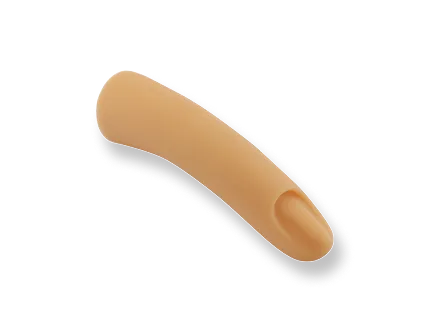

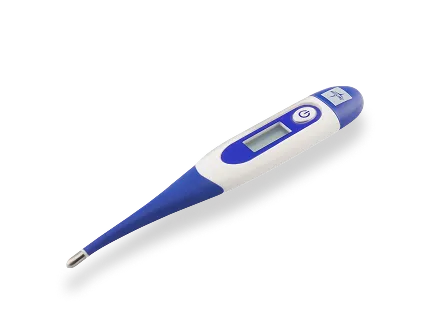
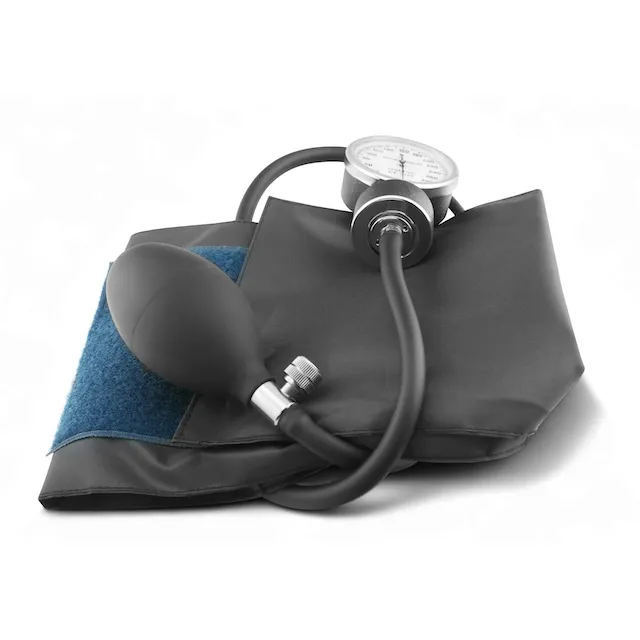


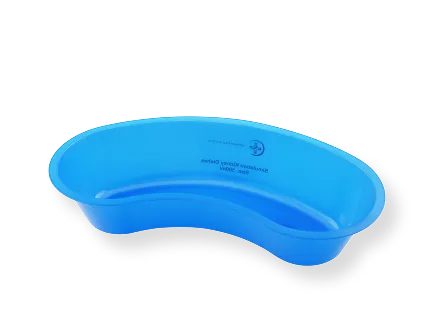
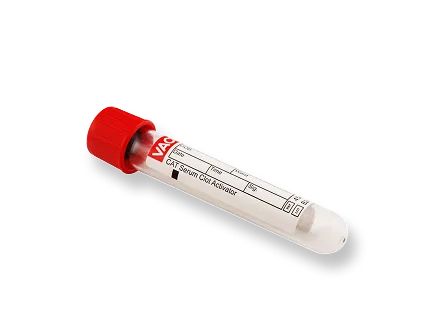





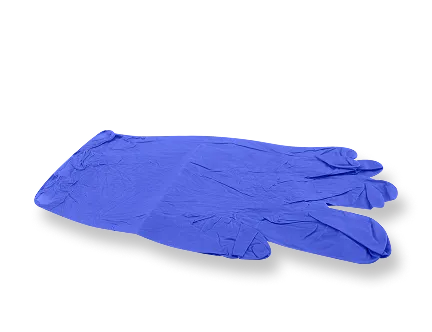

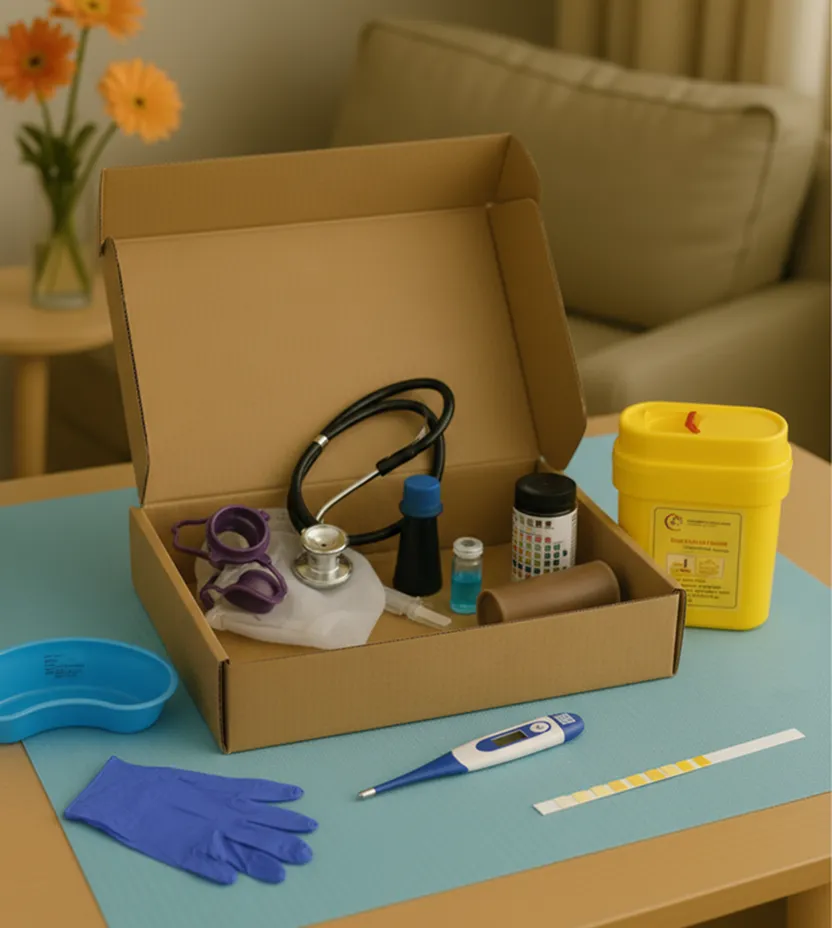

%202.svg)
.svg)
.svg)
.svg)
.png)




